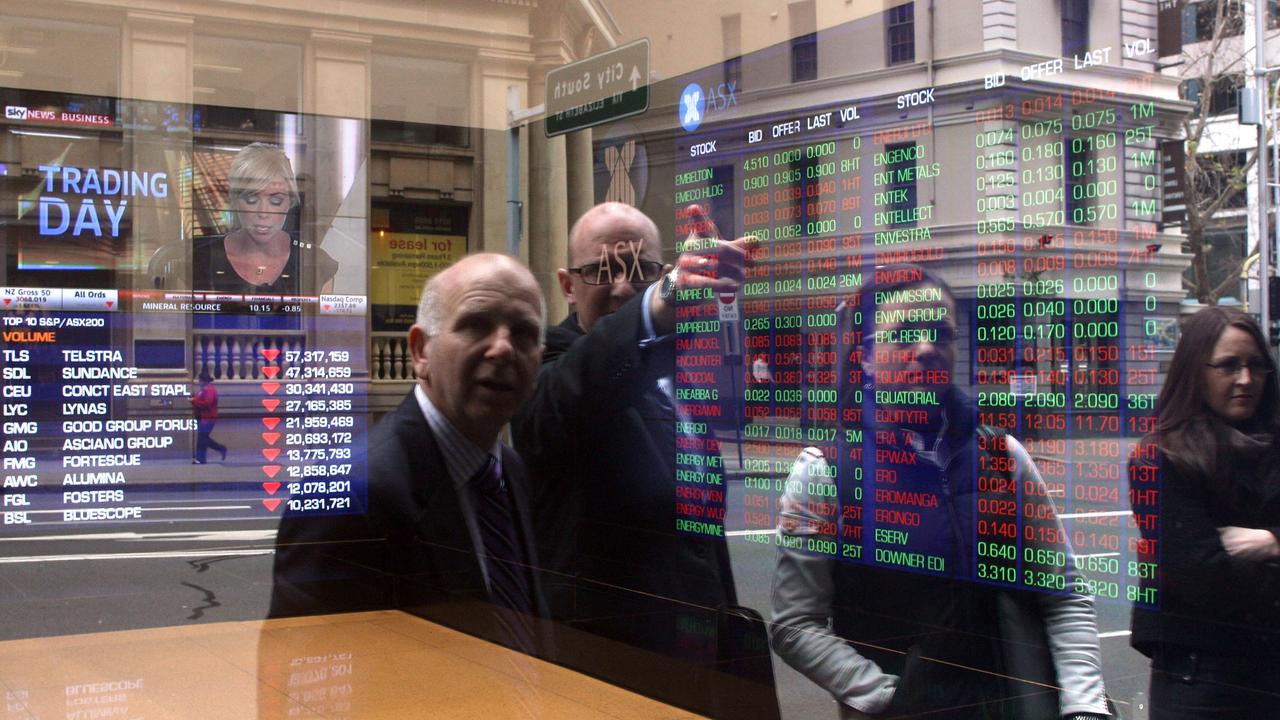Investors hang up on TPG Telecom
Investors have peered behind the impressive veneer of TPG’s headline figures and they don’t like what they see.

And they don’t like what they see from the broadband disrupter (TPM), which is loud in its advertising but low key in its corporate profile.
While the addition of iiNet spurred a 69 per cent surge in headline earnings growth to $379.6m, TPG shares today were caned 17 per cent and are now back to their levels of a year ago.
Some commentary lauded strong organic growth, but in some respects TPG’s consumer segment looks off the pace. In the consumer mobile segment, earnings (ebitda) fell from $17.2m to $13.7m.
Overall consumer ebitda grew 7 per cent to $256m, driven by organic subscriber growth of 64,000 punters (to 885,000),
Interestingly, the combined entities broadband growth edged up only 1.4 per cent, to 1.868m.
The quality of the result will be earnestly debated, with the telco performing well on other measures including customer churn.
Ultimately, though, management’s ebitda guidance of $820-830m for the current year, while 7 per cent higher, falls short of the average broker call of $885m.
This guidance is weighed down by a flagged $132m capex charge for the proposed purchase of mobile spectrum on Optus’s home turf of Singapore.
TPG shares have held up better than the shares in heavyweights Telstra (TLS) and Vocus (VOC), so looked vulnerable to disappointment. Or maybe investors were peeved there was news on further acquisitions such as a full-blooded tilt at Vodafone.
TPG’s fall bodes poorly for one broker* that last week opined that TPG was a better bet over Vocus (VOC), itself the product of a merger with Amcom Telecom and the voraciously acquisitive M2 Telecoms.
The firm believes TPG can become the second biggest telco (leapfrogging Optus) over the next three to five years, as it snares a decent share of the NBN market.
TPG is 35 per held by David Teoh (invariably described as a reclusive billionaire) and 27 per cent by the listed investment company Washington H Soul Pattinson.
The latter, which reports on Thursday, won’t be pleased but as a long-term holder will remain as loyal as a blue heeler.
*Criterion doesn’t abide by a name and shame policy, if only because his buy call on TPG at $10.65 last December was off the pace as well.
The Australian accepts no responsibility for stock recommendations. Readers should contact a licensed financial adviser. The author owns Vocus shares.





As they do, investors have looked behind the TPG’s rosy headline growth figures to the underlying trends disguised by last September’s meaty $1.56 billion iiNet acquisition.